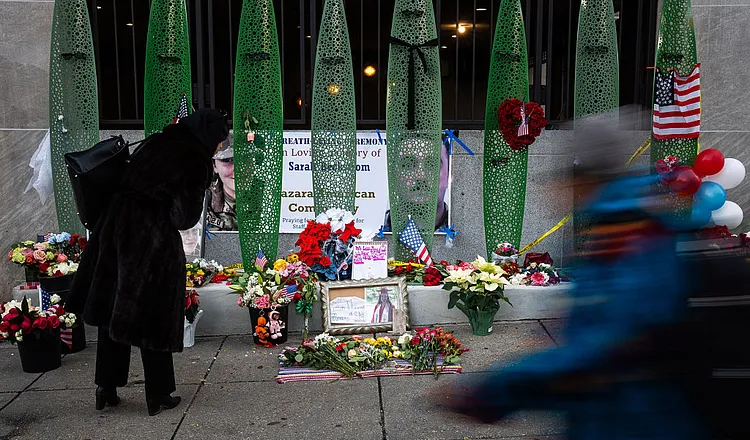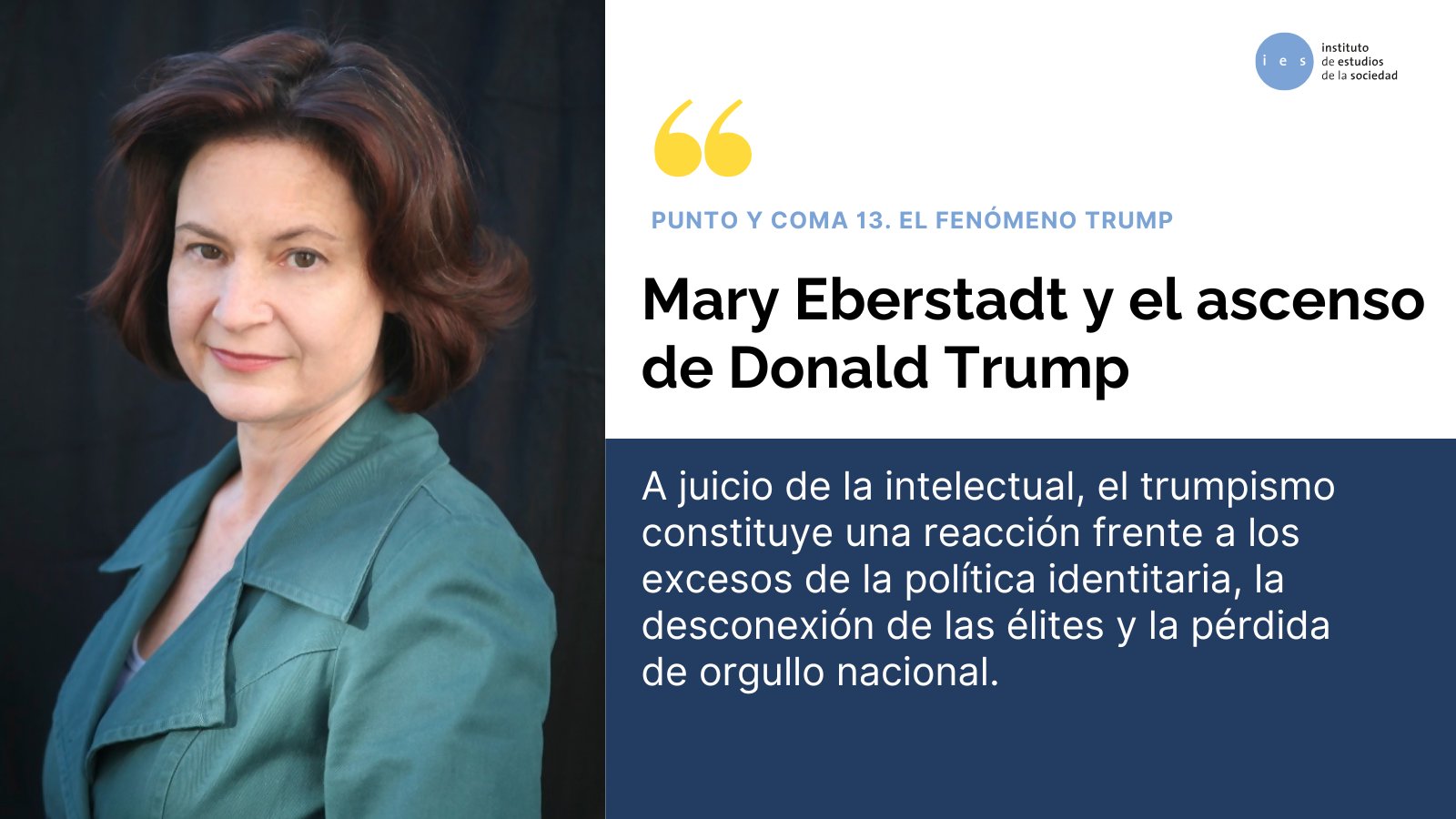Redeeming the Prodigal Father
Mary Eberstadt points today to the damage absent fathers do to wives, children, our whole society.

Seen one way, Michael Brendan Dougherty’s My Father Left Me Ireland: An American Son’s Search for Home, tells an old story: the primordial tale of a son’s search for his absent male parent. In this updated version, our Telemachus is an American, and Odysseus is an Irishman – one who split up with the boy’s mother before the author was born, remained in Ireland, and went on to have another family.

Dougherty – a senior writer for National Review, and an increasingly important cultural critic – is a gifted stylist of impressive range. Raised by his single mother in New Jersey, he hunts in this book for his patrimony as assiduously as a Homeric explorer charting unknown shores: learning Irish, steeping himself in history, pondering the link between one’s people and one’s nation, and otherwise seeking disparate strands of his unknown – and to some degree, unknowable – lineage.
At the same time, and despite its nod to classics, this epistolary memoir could only have appeared in the world transformed from the 1960s onward – one in which legions of semi-orphaned boys and girls became simultaneously as common as skinned knees, yet as invisible as congenital heart defects. My Father Left Me Ireland makes the children of divorce and un-marriage visible again. It brings surgical light to the laceration of parental loss.
Two other primal events add depth to this search for self. One is the lonely death of the author’s mother, which exposes once and for all the inadequacies of “an age of self-creation, of a curated life.” The vaunted liberation of this era, the narrator comes to see,
was like a solvent that had slowly and inexorably dissolved any sense of obligation in life. It dissolved the social bonds that hold together a community, and that make up a home. And, here at the end of the process, I was alone. An atom that becomes separated from a larger chemical structure is called a free radical. And that is how I felt, supercharged with this urgent longing to reconnect to something larger.
In this raw cry – “I was alone” – we see in its purest form the essence of today’s frantic concern for identity: the fact that atomization has left many people incapable of answering that elemental question, Who am I? Because they have lost the familial language in which the answer is written. Thanks to sheer grit, the author of My Father Left Me Ireland is not among them.
Naturally enough, the birth of his own first child is another event prompting wider meditations. These include the narrator’s forays into Irish history, especially the Easter Rising of 1916 (“nations have souls”); and the concern that unmoored individuals make for unmoored citizens, thus betraying those who sacrificed and came before them.

“The ghosts of a nation reproach the living on behalf of posterity,” he writes. “A nation or a society is not merely a contract between the living, the unborn, and the dead; it is a spiritual ecology that exists among them.” He also worries, as the lucid do today, over the ultimate environmental question: whether we in the modern West “have, perhaps fatally, polluted this ecology.”
Traditionalists and conservatives will find much to absorb them in this short, rich book – but not only traditionalists and conservatives. The broken home is now among the most truly bipartisan phenomena of our time, a lingua franca through which the wounded find their own. Personal stories aside, readers who lean in toward the literary will also appreciate that W.B. Yeats and James Joyce figure large in this book, if not always by name.
Even so, what most sets this memoir apart is its moral imagination – in particular, the narrator’s refusal to let loss be the final word. The epistolary form puts his absent father into the same room as the reader from page one – in effect, willing the missing man into some kind of existence and interaction. This insistence on not letting the relationship drop leads finally to a pivotal act of empathy: the narrator’s belated realization that not only had he missed his father; that same father had also missed his son.
Several reviewers by now have praised Dougherty’s literary flair, and rightly so. Yet My Father Left Me Ireland at its most elemental is an exercise in redemption – not the redemption of oneself, but of another. It’s about the natural love of a son for his father, a love that refuses to wither despite its unnatural trials. In this sense, the book summons to mind other literary fare, like the salvific Margarita in Mikhail Bulgakov’s The Master and Margarita, or Hans Christian Anderson’s Little Mermaid. Though it concerns much else, the essence of this memoir is reclaiming a loved one by extraordinary means.

There is a lesson embedded here for everyone who wonders whether humanity might recover from the self-inflicted collective wounds of the past half-century. How can any individual overcome the traumas of the sexual revolution? What might the collective restoration of a saner, more natural order even look like?
This book’s tacit response begins where any Christian answer must: with forgiveness for transgressors – including parental transgressors – and insistence that they be brought back by all means possible into rightly ordered familial community.
“Manhood is found in sacrifices, offered joyfully,” the author observes. And that is why, paradoxical though it may seem, My Father Left Me Ireland is also an implied valentine to the men whom Americans honor one Sunday per year, and never enough. It should be read by every man who made the necessary paternal sacrifices, even when they weren’t joyful, and by every man who ever rode out a marital storm, only to find grace on the other side.
Above all, this is a book that should be in the hands of every dad who has ever wondered whether the strains of keeping a home together are worth it. With My Father Left Me Ireland, a formidable Catholic talent has delivered a whole new proof.
*Image: The Village by the Bog by Paul Henry, c. 1935 [private collection]




